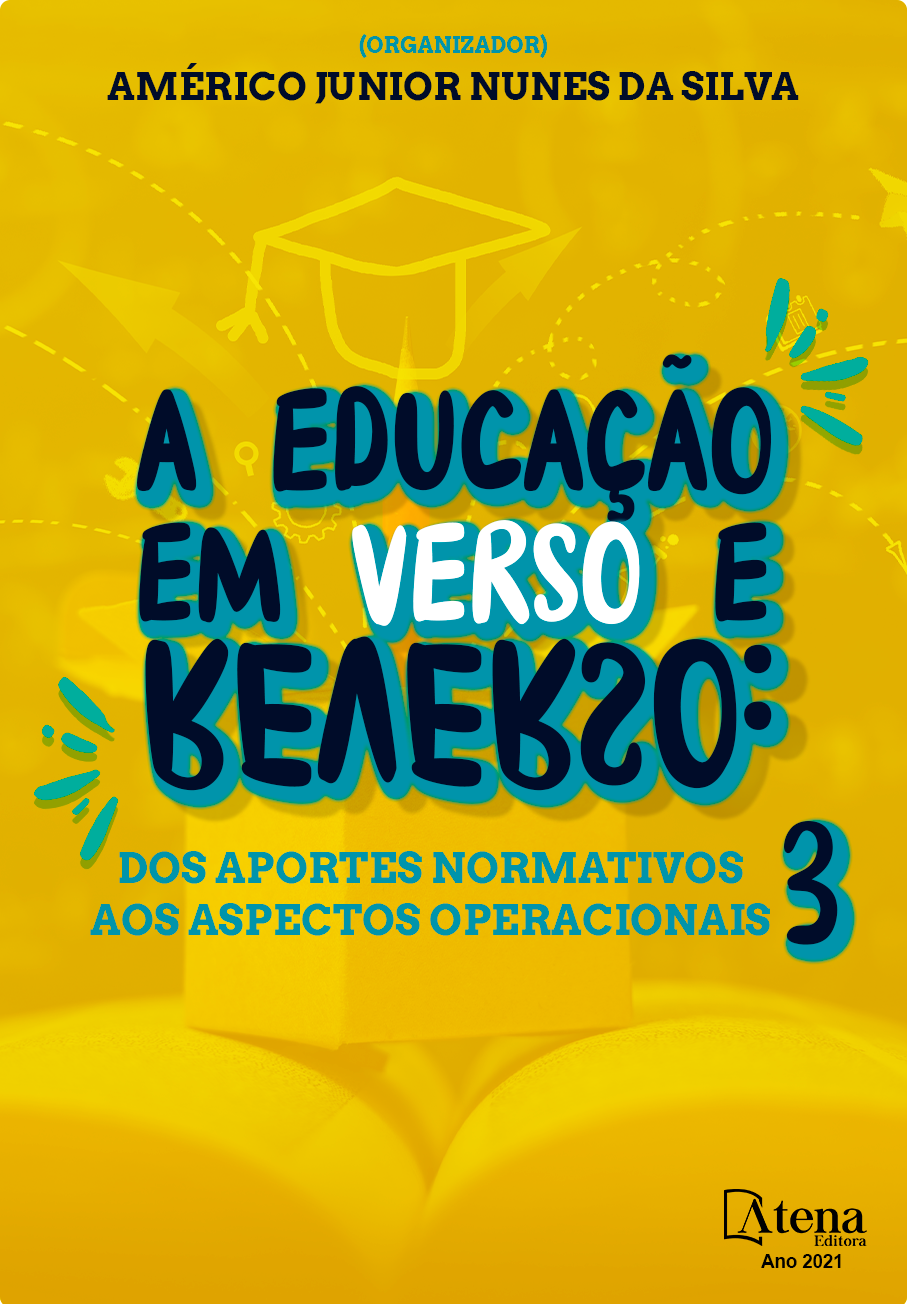
REFLEXÕES ACERCA DAS POLÍTICAS DE EDUCAÇÃO INCLUSIVA EM PORTUGAL
Observa-se nas últimas décadas um movimento global de ampliação do diálogo sobre a educação inclusiva, que tem como ponto de partida a defesa pelo acesso igualitário de todos à educação. O artigo traz reflexões oriundas de dois estudos de iniciação científica, que buscaram entender como se dá a educação inclusiva em diferentes contextos, uma vez que o processo de inclusão é entendido como contexto global, tendo como objetivo compreender a transição vivida pelos profissionais da educação de um agrupamento de escolas de Famalicão/Braga/Portugal, a partir da implementação do Decreto-Lei nº 54/2018. Além disso, tece diálogos entre a referida legislação e as narrativas dos profissionais a partir dos espaços discursivos constituídos na visita técnica realizada em outubro de 2019. Fundamenta-se na metodologia de estudo de caso com uma abordagem comparada, conversando com a Teoria do Agir Comunicativo de Habermas (1987), dando destaque ao conceito de discurso. Os dados foram produzidos por meio de análise documental e espaços discursivos constituídos com os profissionais da educação na visita. Como resultados destaca-se que, no ano em que se deu a produção de dados, ainda havia, no contexto escolar, um processo de transição para atender o Decreto-Lei, mas os profissionais demonstraram afinidade com determinações do Decreto. Compreende-se ainda que o Decreto-Lei reafirma o compromisso com a educação inclusiva do país, trazendo uma nova organização no intuito de melhor atender o processo de inclusão. Por último, destaca-se o papel fundamental dado a equipe multidisciplinar no processo de intervenção e acompanhamento dos alunos contemplados pela educação inclusiva.
REFLEXÕES ACERCA DAS POLÍTICAS DE EDUCAÇÃO INCLUSIVA EM PORTUGAL
-
DOI: https://doi.org/10.22533/at.ed.35421090723
-
Palavras-chave: Educação Inclusiva. Estudo Comparado. Teoria do Agir Comunicativo. Profissionais da educação.
-
Keywords: Inclusive Education. Comparative Study. Theory of Communicative Acting. Education professionals.
-
Abstract:
In the last few decades, there has been a global movement to expand the dialogue on inclusive education, which has as its starting point the defense of equal access to education for all. The article brings reflections from two scientific initiation studies, which sought to understand how inclusive education takes place in different contexts, since the inclusion process is understood as a global context, with the objective of understanding the transition experienced by education professionals in a grouping of schools in Famalicão / Braga / Portugal, following the implementation of Decree-Law No. 54/2018. In addition, it weaves dialogues between the referred legislation and the professionals narratives from the discursive spaces constituted in the technical visit carried out in October 2019. It is based on the case study methodology with a comparative approach, related to the Theory of Communicative Acting de Habermas (1987), highlighting the concept of discourse. The data were produced through documentary analysis and discursive spaces created with education professionals during the visit. As a result, it is noteworthy that, in the year in which data were produced, there was still, in the school context, a transition process to comply with the Decree-Law, but the professionals showed affinity with the determinations of the Decree. It is also understood that the Decree-Law reaffirms the commitment to inclusive education in the country, bringing a new organization in order to better serve the inclusion process. Finally, we highlight the fundamental role given to the multidisciplinary team in the process of intervention and monitoring of students contemplated by inclusive education.
-
Número de páginas: 15
- Allana Ladislau Prederigo
- Letícia Soares Fernandes
- Mariangela Lima de Almeida
- Rafael Carlos Queiroz


